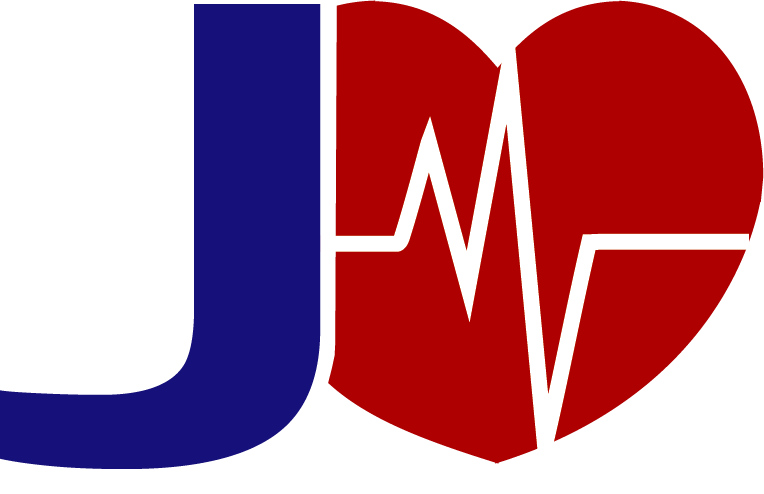Gluten-free diet
Last updated: 6 Oct 2025 | 859 Views |


![]()
Gluten-free diet
AWhat is a gluten-free diet?
Recently, many people have heard the terms "gluten-free" and "gluten-free diet," wondering what it is and whether it's right for them. Today, we'll explain it more clearly.
What is gluten?
Gluten is a protein found in wheat, barley, and rye. It's commonly found in foods like bread, pasta, cakes, cereals, baked goods, and many processed foods, such as sauces and condiments.
What happens when the body is gluten-intolerant?
Some people who eat gluten experience symptoms such as:
- Abdominal pain, bloating, and chronic diarrhea
- Unexplained weight loss
- Fatigue and fatigue
- Nutritional deficiencies, such as iron and vitamin D
- Rashes or dermatitis
- Some children experience slower growth than normal.
Who needs a gluten-free diet?
1. Celiac disease
- This is an autoimmune disease that damages the small intestine when exposed to gluten, preventing nutrient absorption. 2. Wheat allergy
- An allergic reaction to wheat protein, including gluten.
3. Gluten sensitivity
- Symptoms include abdominal distension, headaches, and fatigue, similar to Celiac disease, but no intestinal abnormalities are detected.
How is it diagnosed?
A doctor may use a blood test to detect gluten antibodies, along with an endoscopy to perform a small intestinal biopsy, to determine if symptoms improve when gluten is stopped.
Treatment
Currently, there is no cure for Celiac disease or gluten intolerance. The only approach is to completely avoid gluten. Choose natural foods such as rice, corn, potatoes, cassava, beans, vegetables, fruits, meats, and products labeled "gluten-free."
Should the general public follow a gluten-free diet?
No, unless you are not allergic to gluten. Grains containing gluten provide fiber, B vitamins, and essential minerals. Avoiding them unnecessarily can lead to nutritional deficiencies and be more expensive than eating a conventional diet.
Should or should not a gluten-free diet be followed?
Should be used:
People diagnosed with Celiac disease
People with wheat allergies
People with non-celiac gluten sensitivity who improve their symptoms by avoiding gluten
Not necessary (unless they have a gluten problem)
Healthy people who are not allergic to gluten
Avoiding gluten may lead to a deficiency in fiber, B vitamins, iron, and certain nutrients found in whole grain products![]()
Summary
A gluten-free diets are only suitable for people with gluten intolerance or Celiac disease. Avoiding gluten is not necessary for the general population, as it can lead to nutritional deficiencies. The most important thing is to eat a varied and balanced diet.
Related content
Child safety
30 Sep 2025
Earache
19 Jul 2023
Hydration for Athletes
30 Sep 2025
Gingivitis
19 Jul 2023










